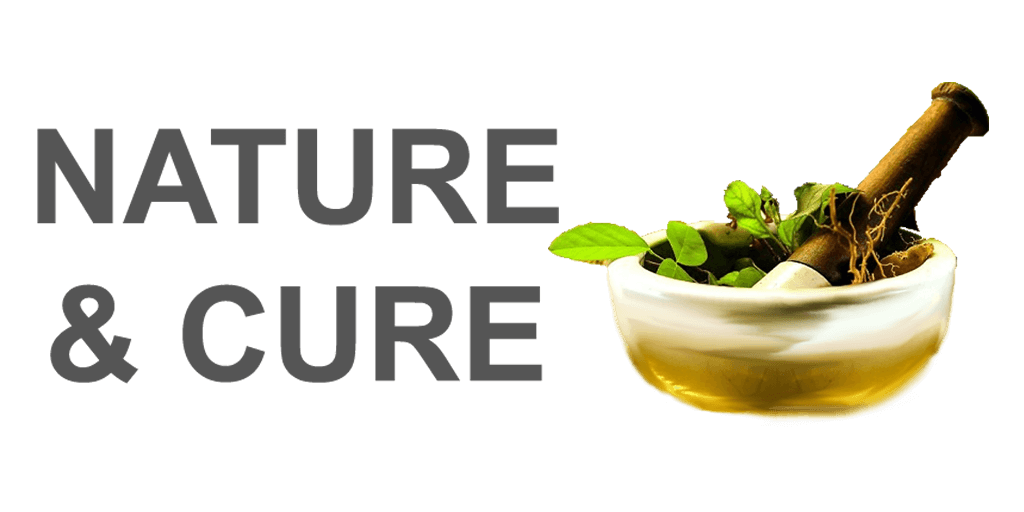
Fasting Therapy - आकाश चिकित्सा - Aakash Chikitsa
Fasting is an act of voluntarily declining from consumption of some or all food, drink or both for a certain period. In naturopathy treatment, Fasting Therapy is believed to be important for the preservation of health.
Eating right is important for good health but taking short breaks as fast also improves your health. Many research theories state that fasting has many benefits as it can improve blood sugar control by reducing insulin resistance, treat inflammatory conditions, such as multiple sclerosis, lower the risk of coronary heart disease by improving blood pressure, triglycerides and cholesterol levels, improve brain function, increase metabolism and more.
The duration of carrying out fast therapy is based upon the patient’s age, nature of the disease and prior drug consumption. Thus, it is always recommended to consult a naturopath before conducting the practice of prolonged fast. One must also be mentally prepared and gather professional guidance as skilled practitioners would advise one to undertake short fasts lasting two to three days and gradually increase the duration.
Read More: Fasting Therapies for Social Anxiety
Fasting therapy is not a process of abstaining oneself from food and water for days on end. Intermittent Fasting is one of the best fasting techniques with alternatives.
Intermittent Fasting
Intermittent fasting is an eating pattern where you exercise alternate cycles of fasting and eating, i.e. skipping breakfast, enjoying your first meal at noon and your last meal at night. Under this type of fasting, you restrict your body to eating for a gap of 8 hours and again fasting for 16 hours. People also practice the pattern of skipping food once or twice a week or eat only about 500–600 calories during 2 days of the week. This type of fasting therapy can cause weight loss, improve various metabolic features like reduced oxidative stress, inflammation and a reduction in blood sugar levels, prevent insulin resistance.
During fasting, the body eliminates a large amount of stored waste. The procedure follows drinking in alkaline juices or raw vegetable juice and water. The added sugar in the juice strengthens the heart as the mixture is prepared from fresh fruits. Canned or frozen juices must be avoided. As a lot of energy is spent during the fasting therapy it is essential to take physical rest and relax your mind.
The success rate of fasting therapy largely depends on how one ends it or breaks a fast. One must ensure that he/she eats slowly and chew the food thoroughly. Do not overeat after fasting as it takes several days for the gradual change to the normal diet. Refer to Diet Therapy for different types of Diet suitable for you.
Fasting as therapy has been recommended by various physicians from ancient to modern times due to the benefits attached to it. Have a glance at some of the physiological and metabolic benefits.
Read More: Can Fasting Therapy Improve Your Health
